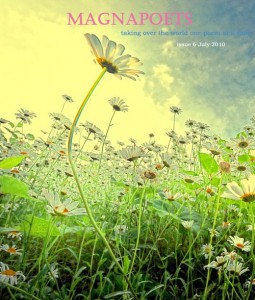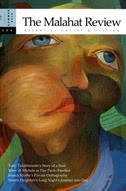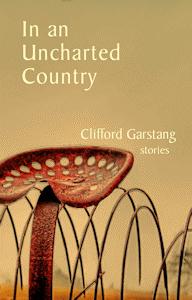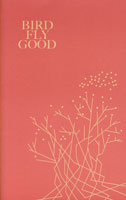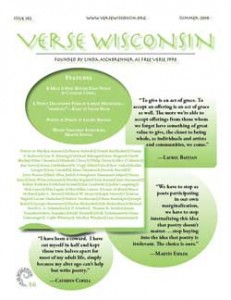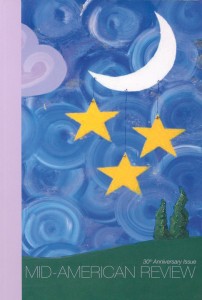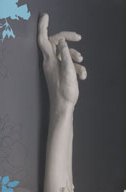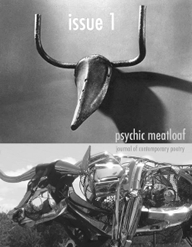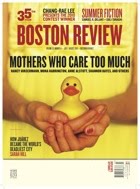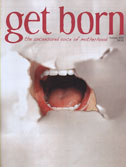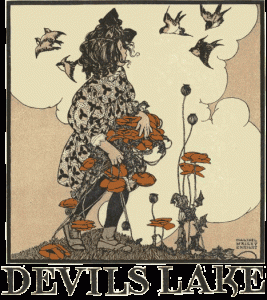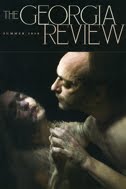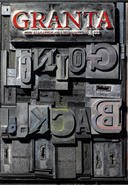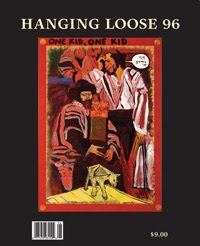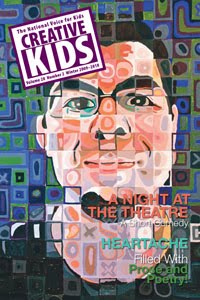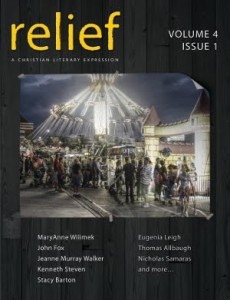August Book Reviews Posted
A new batch of NewPages book reviews have been posted:
Vanishing Point: Not a Memoir
Graywolf Press, March 2010
Nonfiction by Ander Monson
Review by Nate Logan
Black Box Theater as Abandoned Zoo
Poetry by Dana Elkun
Concrete Wolf, December 2009
Review by Noel Sloboda
How to Catch a Falling Knife
Poetry by Daniel Johnson
Alice James Books, June 2010
Review by Kate Angus
The Evolutionary Revolution
Fiction by Lily Hoang
Les Figues Press, June 2010
Review by Caleb Tankersley
The Logic of the World and Other Fictions
Fiction by Robert Kelly
McPherson & Company, April 2010
Review by Thomas Hubbard
Tea Time with Terrorists: A Motorcycle Journey Into the Heart of Sri Lanka’s Civil War
Nonfiction by Mark Stephen Meadows
Soft Skull Press, May 2010
Review by Ann Beman
The Relenting: A Play of Sorts
By Lisa Gill
New Rivers Press, 2010
Review by Richard Oyama
Under the Small Lights
Novella by John Cotter
Miami University Press, June 2010
Review by Dan Magers
Falling off the Bicycle Forever
Poetry by Michael Rattee
Adastra Press, February 2010
Review by Caleb Tankersley
Destruction Myth
Poetry by Mathias Svalina
CSU Poetry Center, November 2009
Review by Noel Sloboda
I Have to Go Back to 1994 and Kill a Girl
Poetry by Karyna McGlynn
Sarabande Books, November 2009
Review by Kristin Abraham
Requiem for the Orchard
Poetry by Oliver de la Paz
University of Akron Press, March 2010
Review by Lisa Dolensky
Creating a Life
Memoir by Corbin Lewars
Catalyst Book Press, February 2010
Review by Laura Pryor
The Disappeared
Fiction by Kim Echlin
Black Cat, December 2009
Review by Katherine Kipp

